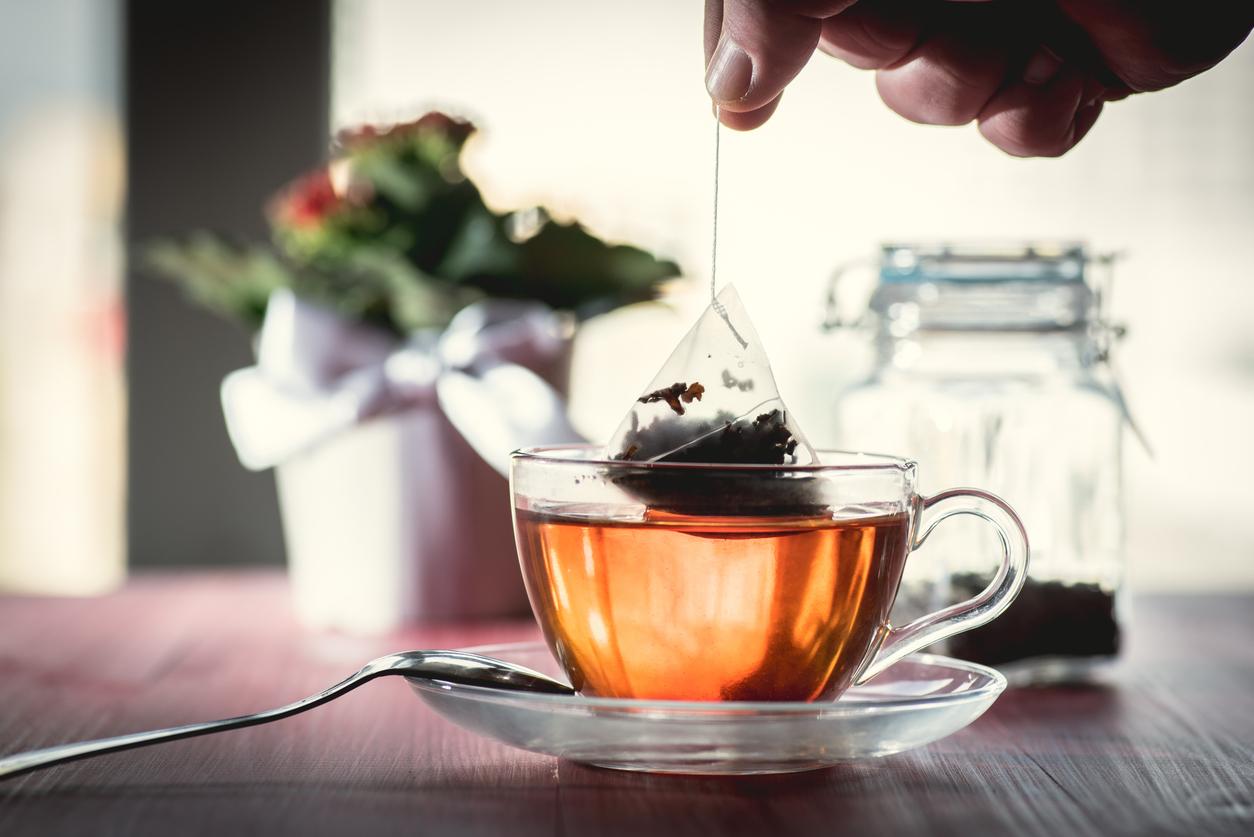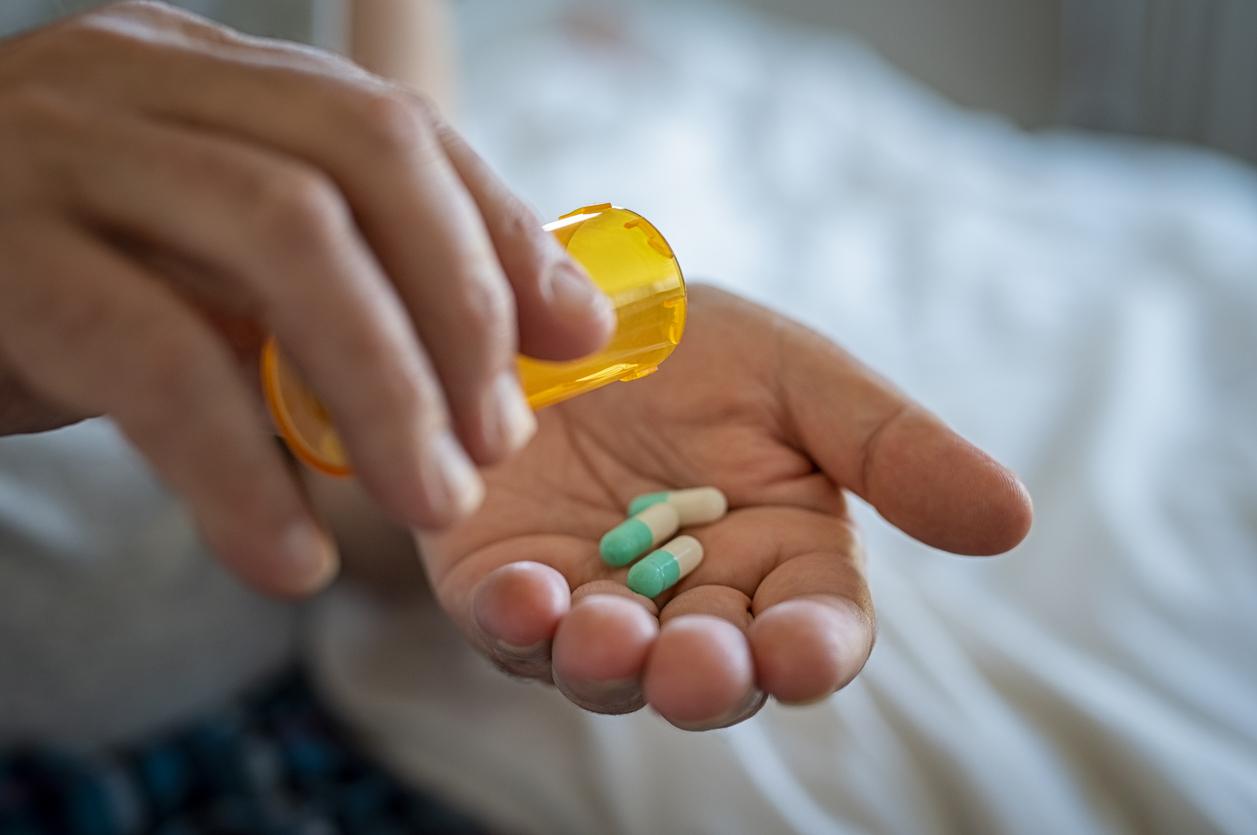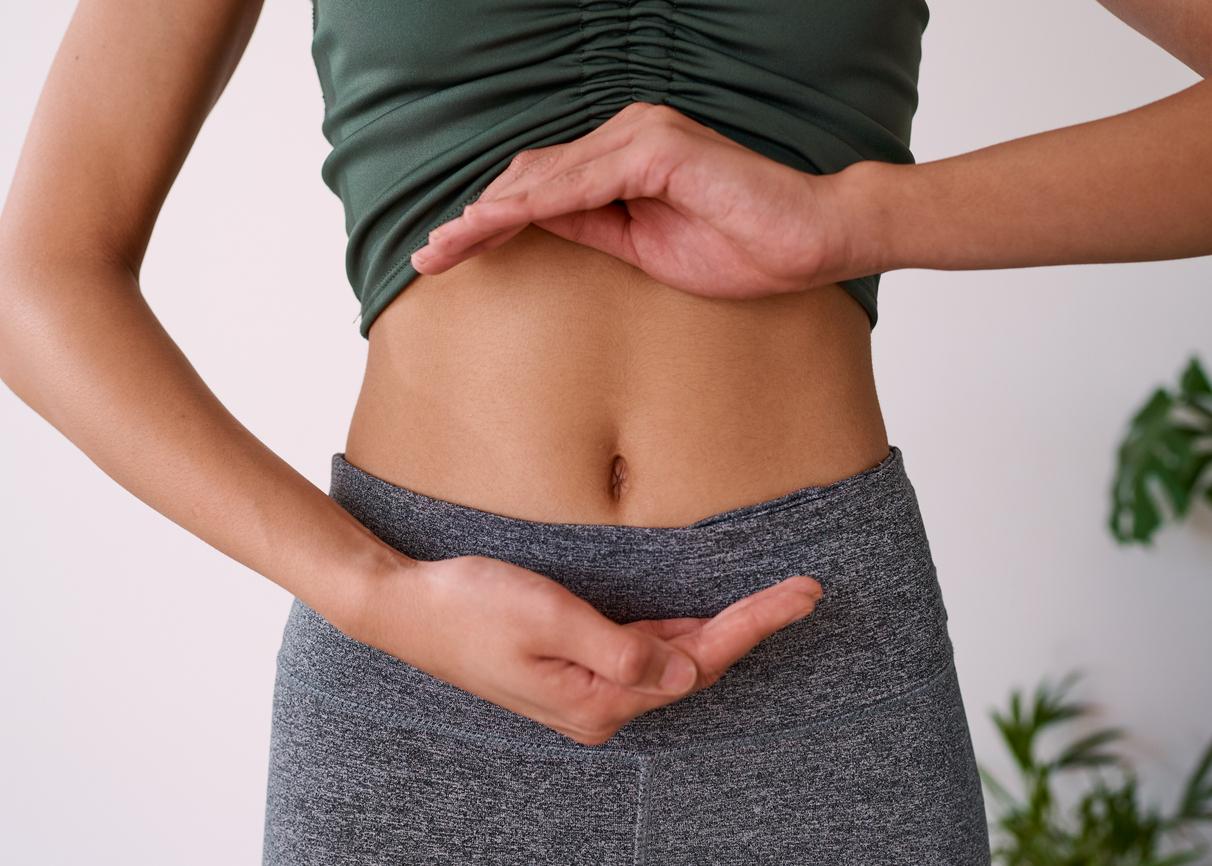Once dead, probiotics can “plug” the wall of the intestine when it is permeable, which generally happens to the elderly.
-1577372239.jpg)
Scientists at Wake Forest University School of Medicine in North Carolina have identified that dead probiotics reduce leaky gut in the elderly, which is good news for seniors with leaky gut. . This condition can lead to a number of age-related diseases, such as diabetes, obesity, cancer, cardiovascular disease, and a decline in physical and cognitive function. The study, published in the journal GeroSciencepromises scientists working in the field to develop a more targeted strategy to combat leaky gut.
According to Hariom Yadav, assistant professor of molecular biology at Wake Forest University School of Medicine and principal investigator of the study, “determining the most effective strain for reducing leaky gut and inflammation would help us target more effective strategies to solve the problem and explain why probiotics work for some people but not others.”
Dead probiotics in the gut
Leaky gut is a condition in which microbes and bacteria in the intestine enter the bloodstream through holes or cracks in the intestinal wall, which can cause inflammation, especially in older people.
For Hariom Yadav, “probiotics are essential for maintaining a healthy gut and preventing leaks. However, there is not much data available to determine which works and which does not.”
As part of his research, Hariom Yadav and his team identified human-derived probiotics in roundworms, roundworms, which typically have a short lifespan of 11 to 20 days. Scientists have discovered that even in its non-viable or heat-killed form, the lactobacillus paracasei (D3-5) could extend the life of roundworms.
Prevent leaky gut in the elderly
Based on this discovery, the scientists performed the tests on mice. Results showed that administration of heat-killed D3-5 to older mice prevented diet-induced high-fat metabolic dysfunctions, thereby decreasing leaky gut and inflammation, while improving physical and cognitive functions.
By performing this test, scientists not only determined which probiotic stain was effective in preventing the leaky gut condition, but also found that even dead probiotics had the same properties.
They found that lipoteichoic acid, a cell wall component of the dead probiotic, induced changes in gut microbiota, reduced leaky gut and inflammation in aged mucin-producing mice.
The results of this study will soon be useful to the food industry and the dietary supplement industry to develop an effective strategy to treat leaky gut.
.















